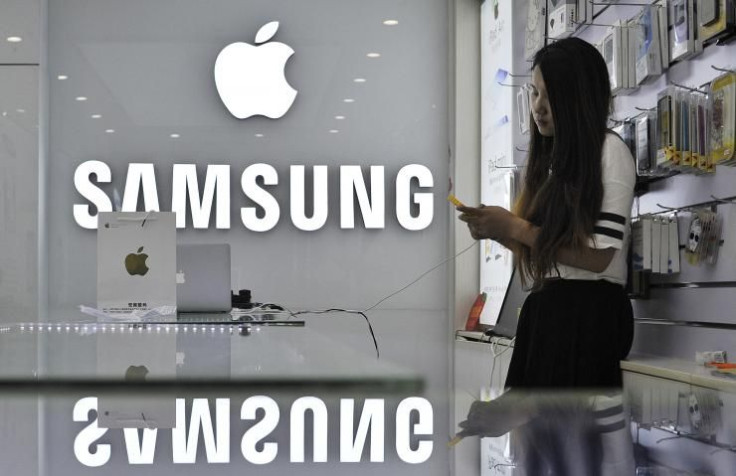Though Samsung’s Galaxy Note 7 smartphone has gotten many accolades from the mobile tech community since its Aug. 2 introduction , being a lightning-fast task manager is not one of them.
Phonebuff ’s David Rahimi tested the 2016 flagship against Apple’s 2015 handset, the iPhone 6s, and the iOS smartphone trounced Android device in loading times of heavy duty applications.
Both smartphones are considered top-of-the-line. The Galaxy Note 7 features Snapdragon 820 chip, 4GB of RAM, a Quad HD (2560x1440 resolution) display and Android 6.0.1 Marshmallow, while the iPhone 6s features the A9 chip, 2GB of RAM, a Retina HD (1334x750 resolution) display and iOS 9.3.4. The Samsung flagship is known for its high RAM capacity, while Apple’s smartphone packs the faster processor.
Ultimately, the iOS device was able to finish two rounds of Phonebuff’s speed test in less than two minutes (1-minute, 21 seconds and 1-minute 51 seconds respectively), while the Android device found it hard to quickly load many apps in the test including Lapse It and finished its lap in 2-minutes, 49 seconds.
Tests have yet to show how the Galaxy Note 7 performs against other Android devices, but the speed test against the iPhone 6s is very typical at this point. While the Qualcomm Snapdragon 820 chip is one of the most powerful Android chips on the market currently, such tests show how it lags behind a more power efficient processor. The iPhone 6s has beat every Android smartphone it has been tested against for speed.
Despite the heavy RAM payloads, for which Samsung is infamous, the slower Qualcomm chip was unable to push the Galaxy Note 7 to iOS speeds. Perhaps the China-exclusive Galaxy Note 7 model featuring 6GB of RAM would have a better chance of using heavy memory to best the faster processor of its rival.
“RAM is a little bit like a turbo in a car. It makes the processor and operations faster. So if you can move things into RAM that speeds things up,” Recon Analytics analyst Roger Entner told iDigitalTimes. “In order to compensate for that [Android manufacturers] throw more RAM to a slower processor to gap that differential. That way the memory management goes faster.”
Rahimi noted the Galaxy Note 7 had a split-second lead against the iPhone 6s in the very beginning, but quickly began to lag as the device began processing more apps in the background while trying to load foreground apps.
Such a test is probably good to help Galaxy Note 7 owners keep in mind that they should keep their background apps to a minimum for optimal processing. The Galaxy Note 7 also includes a pretty comprehensive memory manager feature, which will prompt users to clear excessive RAM use or put power-draining background apps in a sleep state.

















